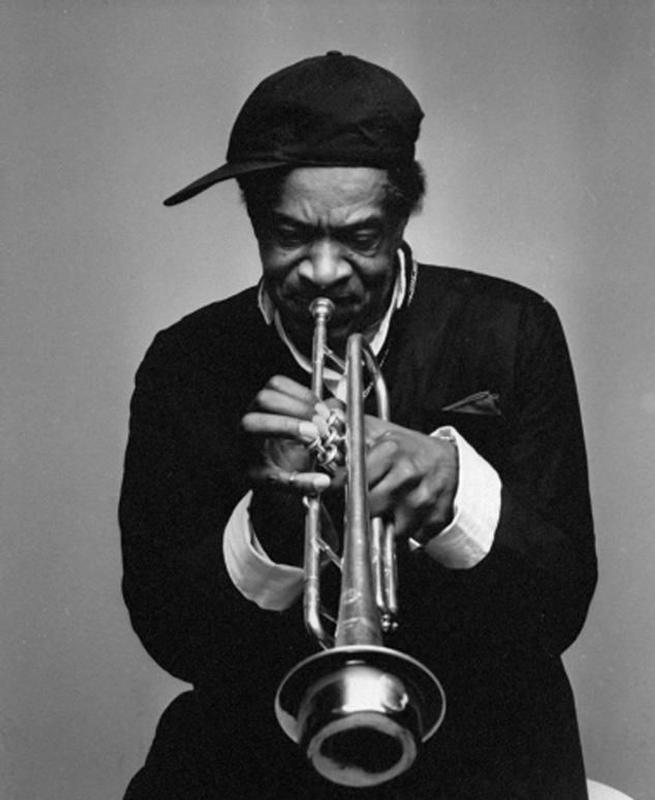Gideon's Trumpet Silenced: Minnesota Supreme Court Issues State v. Hunn

The Minnesota Supreme Court just issued their decision in the Hunn case, the first look at Minnesota's constitutional right to DWI pre-test counsel in decades. If you want to read the order right away, here it is. If you want our analysis (we joined the State Appellate Public Defenders Office in submitting an amicus brief, so we're closely involved with this case), read on.
The Issue: Whether the constitutional right for DWI suspects to consult with an attorney before submitting to a alcohol test applies in criminal cases, or only in civil Implied Consent cases.
The Answer: The constitutional right to get the advice of an attorney only applies if law enforcement chose to invoke the statutory Implied Consent Advisory.
The Reasoning: Since 1991, Minnesotans have had a constitutional right to consult with an attorney before submitting to a blood, breath, or urine test to determine their alcohol concentration. This right was recognized because this pre-test period was determined to be a unique "critical stage" in the DWI investigation.
However, today the Supreme Court held that this right is unique to the Implied Consent process, not the criminal process, and that if the arresting officer decides not to "invoke" the Implied Consent process (which runs simultaneous with the criminal investigation) then the driver loses their right to talk to an attorney.
This is a pretty significant change in the scope of the traditional right to counsel -- and a lot of prior case law is now of questionable value. The Hunn Court focused on the fact that the right to counsel was inititally recognized to assist drivers in determining whether to submit, or refuse to submit, to testing. The Court reasoned that if the driver is faced with a warrant, and the State isn't using the Implied Consent process to go after their license, then there is no "unique decision" to make and therefore no right to counsel.
What goes unmentioned in the decision is all of the other reasons that our courts have relied on this right to counsel since 1991. Attorneys are now expected to be responsible for telling drivers about their right to an independent test, the consequences of refusing or submitting, the fact that drivers can refuse a blood test if they agree to a urine test (or vice versa), and the fact that drivers have the right to see a warrant for blood or urine tests and do not have to consent to those types of tests.
Those issues are all now very ripe for review, and will likely start working their way through court system. But in the meantime, it appears that the constitutional right to counsel is dead in purely criminal DWI investigations. Well, almost . . .
Unanswered Questions: There are always gray areas in the law, and its rare for one judicial decision to answer all open questions. The Hunn case in particular highlighted on question that was left unanswered -- what about the statutory right to counsel? This case narrowed the scope of the constitutional right to counsel, but did not address the statutory right that was granted by the Minnesota Legislature.
The next question is "what happens in the criminal prosecution when law enforcement do invoke the Implied Consent Advisory, and still deny a driver the right to counsel? The license revocation should be thrown out . . . but will the State still get to use the results in the criminal case, without consequences?
Those will be two questions to be answered on another day. And there is still another, potentially huge question, one that is still looming large. Since the time that Mr. Hunn was arrested, the Minnesota Legislature passed a "new and improved" Implied Consent law . . . one that fails to mention the right to counsel. Because it's not in the statute, law enforcement aren't telling people about this right. So now we've got a situation where law enforcement are invoking the Implied Consent Law and still refusing to tell people about their constitutional right to counsel -- a right that, according to Hunn, does exist.
That'll probably be the hottest topic going forward, but it involves all of the other unanswered questions circling this issue too. For now, we know three things:
1. The constitutional right to counsel only applies in cases involving the Implied Consent Advisory.
2. The statutory right to counsel may very well still apply in cases that don't involve the Implied Consent Advisory.
3. Gideon's Trumpet just got a little quieter in Minnesota.

